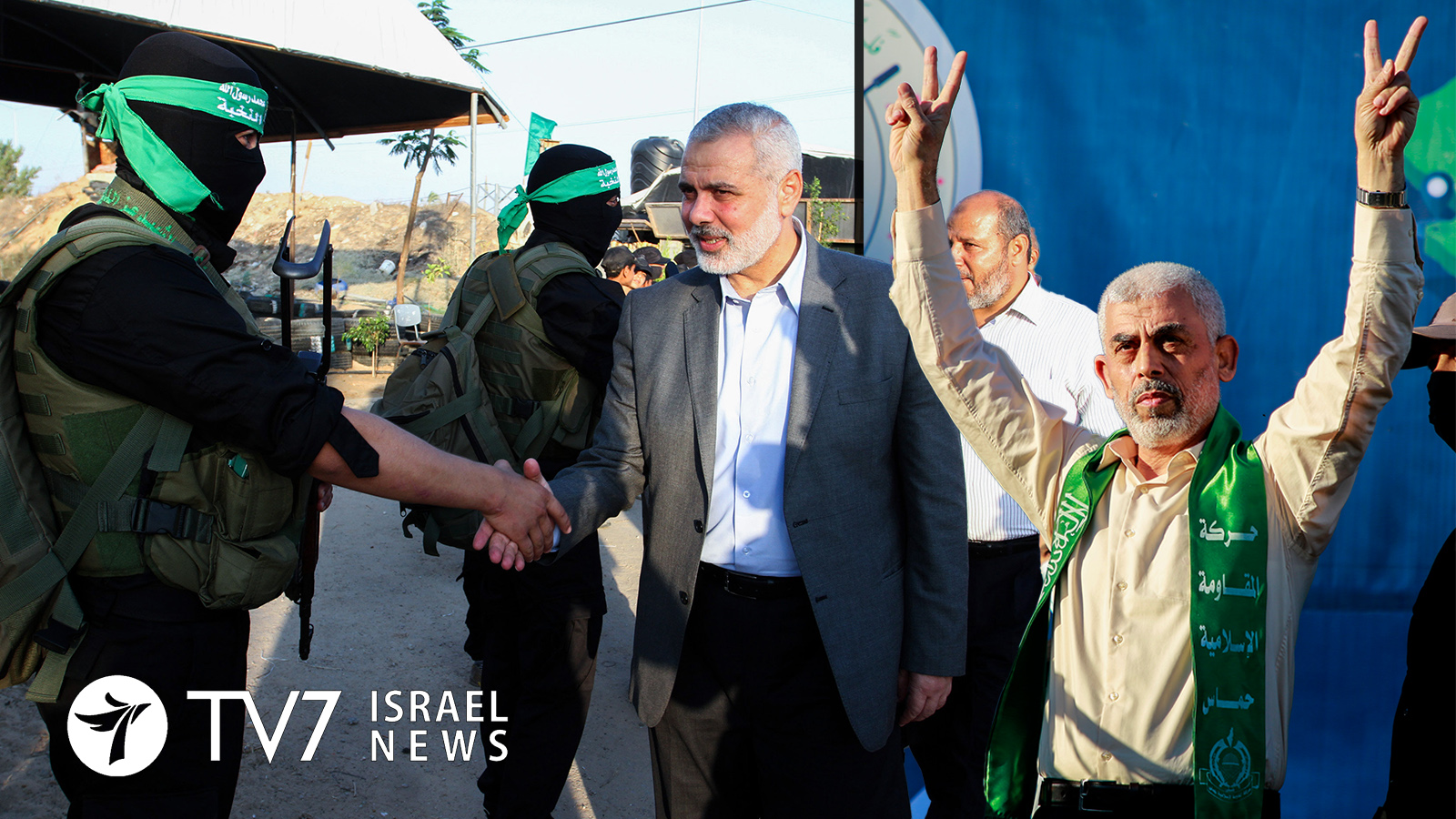Hamas chief Ismail Haniyeh is claiming that his Islamist faction won the recent battle with Israel.
“This victory is a strategic victory. Why? Because the stage that comes after the battle of ‘Sword of Jerusalem’ is not like what it was before,” stated the Hamas leader in Doha broadcast on Palestinian al-Aqsa TV.
Gaza purportedly began its latest offensive, dubbed “Sword of Jerusalem,” on 10 May over Arab clashes in the city with police near the al Aqsa Mosque during Ramadan and a property dispute in the neighborhood of Sheikh Jarrah.
The violence erupted on 10 May when the Hamas and the Palestinian Islamic Jihad (PIJ) attacked Israel. The Palestinian terror groups are estimated to have fired over 4,000 rockets at Israeli population centers over the 11-day conflict.
Israel’s Iron Dome anti-missile defense system is attributed with a 90% interception rate, and at least 680 of the projectiles misfired or fell short into Gaza’s own territory. Between 60 to 70 rockets managed to slam into Israeli towns and cities, killing 12 civilians and 1 soldier.
The IDF retaliated with precision strikes aimed at eliminating rocket launching pads, terrorist commanders, underground tunnels and other military infrastructure. Despite warnings for Gaza civilians to evacuate targeted areas hours in advance of the strikes, there were some civilian casualties. Palestinian sources say that at least 248 people were killed in Gaza, of whom at least 225 were combatants according to the Israeli military.
Israeli Prime Minister Benjamin Netanyahu declared that the IDF Operation Guardian of the Walls destroyed Hamas‘ extensive tunnel network in Gaza, its rocket factories, weapons laboratories and storage facilities, and killed over 25 senior commanders.
“They received blows that they did not expect,” Israeli Prime Minister Benjamin Netanyahu stated during the battle about Hamas and PIJ, expressing confidence that Israel had set back the group’s militant capabilities “by years.”
Egypt, which mediated a ceasefire between the sides, is continuing to negotiate ways to maintain stability.
Seeking to portray the fighting as successful resistance to a militarily and economically stronger foe, Haniyeh insisted that, “The battle of ‘Sword of Jerusalem’ ended a lot of stages and opened the door to new stages that will witness a lot of victories, a lot of successes and a lot of strategic building on all levels. Therefore, today we consider that this battle is a quantum leap in the history of the conflict with the enemy.”
Unlike the 2 million mostly impoverished residents of Gaza, Haniyeh who resides in Qatar; a the Palestinian Hamas off-shoot of the Muslim brotherhood.
In boasts that his group’s commitment to obliterate Israel triumphed not only over international peace efforts, such as the US proposal and Abraham Accord agreements, the defiant Hamas leader said aspirations of Jewish-Arab co-existence had also been shattered.
“This battle defeated the illusions of negotiations, defeated the ‘Deal of the Century,” defeated the culture of defeat, defeated the projects of despair, defeated the settlement projects, defeated the projects of coexistence with the Zionist occupation, defeated the projects of normalizing (relations) with the Zionist occupation – and therefore resistance is the best strategic choice for liberation and return” after Israel’s annihilation.
Haniyeh vowed to “rebuild Gaza” and “what the Zionist enemy destroyed,” underscoring that “we will – God willing – restore the capacities and we will bring the great and beautiful face that Gaza has been known for.”
He also praised anti-Israel sentiment witnessed at demonstrations held abroad, while ignoring marches in support of the Jewish State. “We saw there was a very big change occurring in Western and European societies, even in the heart of America. We witnessed millions of people in all Western capitals going out to denounce this aggression, to ask for lifting of this occupation and to demand giving the Palestinian people their rights,” he said, adding, “Yes, we need in the coming period to build and strengthen this relationship with the international community.”
Haniyeh thanked Egypt for brokering the ceasefire, Qatar for its diplomatic backing and Iran for its steadfast support of the Islamist organizations in Gaza with “money, weapons and technical support.”
Iran sent an armed drone toward Israel during the Gaza conflict on 18 May. The IDF downed the aircraft near eastern border with Jordan.
Israeli Prime Minister Benjamin Netanyahu said the attempted-aerial attack proved that, “The true backer of much of this aggression is Iran. Iran not only supports completely the Islamic Jihad in Gaza and gives them all the finances, they also give weapons to Hamas as well as to Hezbollah, and they provide the scaffolding on which these organizations really work.”
Netanyahu underscored that the incident undisputedly showed that “the true patron of terror in the Middle East and in the world” can be summed up in one word: “Iran.”
